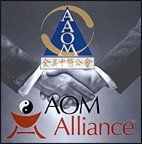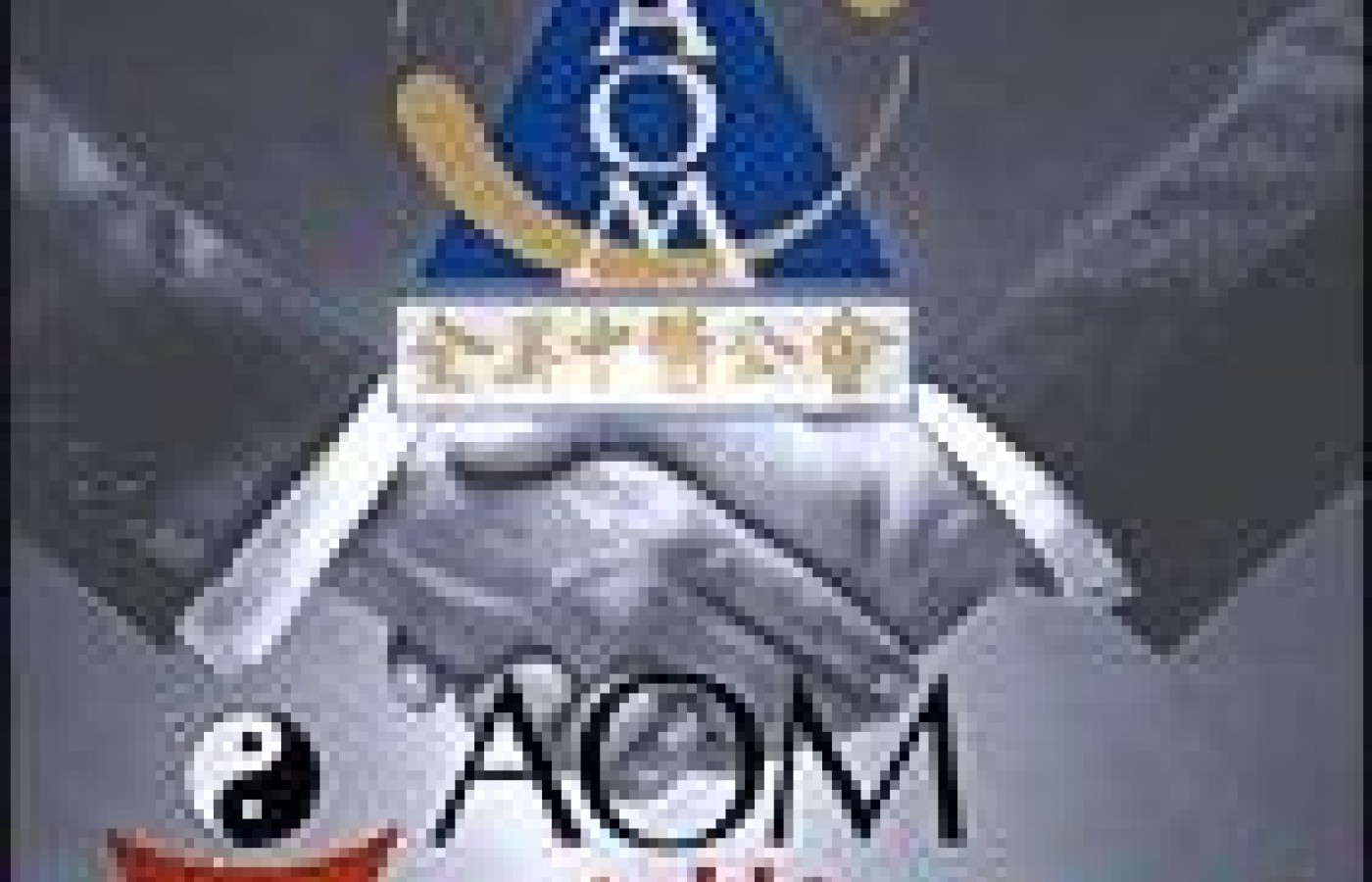The most important relationship I seek to nurture in the treatment room is the one a patient has with their own body. We live in a culture that teaches us to override pain, defer to outside authority, and push through discomfort. Patients often arrive hoping I can “fix” them, but the truth is, we can’t do the work for them. We can offer guidance, insight and support, but healing requires their full participation.
Working Together to Advance the Profession
The American Association of Oriental Medicine and the National Acupuncture and Oriental Medicine Alliance have announced their intention to hold a formal meeting this summer to discuss ways of working together for the advancement of the acupuncture and Oriental medicine profession. The announcement came as the result of an earlier meeting between key members of the AAOM and the AOM board at the Alliance's most recent annual meeting in Keystone, Colo.
"We are looking forward to working together to find common ground that will benefit the acupuncture community," remarked Leslie McGee, LAc, the Alliance's newly elected president. "There is much work to do, and working together just makes sense."

"We are open to exploring all possibilities to effectively move the profession forward," added AAOM President Will Morris, OMD, LAc. "It is critical for us to work more effectively to accomplish our mutual goals."
The AAOM was formed in 1981 and was originally known as the American Association of Acupuncture and Oriental Medicine (AAAOM). In 1996, the organization changed its name to its current moniker as a way of better representing its members, and in recognition that acupuncture is a part of the larger complement of modalities that comprise Oriental medicine. The Alliance was founded in January 1994 by various leaders of the profession who saw the need for a member-driven association committed to helping the field progress throughout the United States, while respecting diverse practice traditions that would foster greater acceptance of acupuncture and Oriental medicine.
Although the Alliance and the AAOM have existed as separate entities for more than a decade, both organizations have achieved significant accomplishments for the acupuncture profession in the recent past. The AAOM was instrumental in the passage of Senate Bill 351 in February 2006, which allows acupuncturists in Michigan the freedom to practice without direct supervision from a licensed physician, and provides a clear definition of acupuncture. The Alliance, meanwhile, played a key role in the passage of House Bill 17 in April 2006, making Kentucky the 43rd state in the U.S. to allow for the practice of acupuncture by non-physician acupuncturists, and also helped in the creation of the Kentucky State Acupuncture Association.
The exact time and location of the next AAOM/Alliance meeting has yet to be determined, but is tentatively scheduled for August 2006. Each organization will select a limited number of board members to participate, with support for the meeting provided by the American Acupuncture Council.



